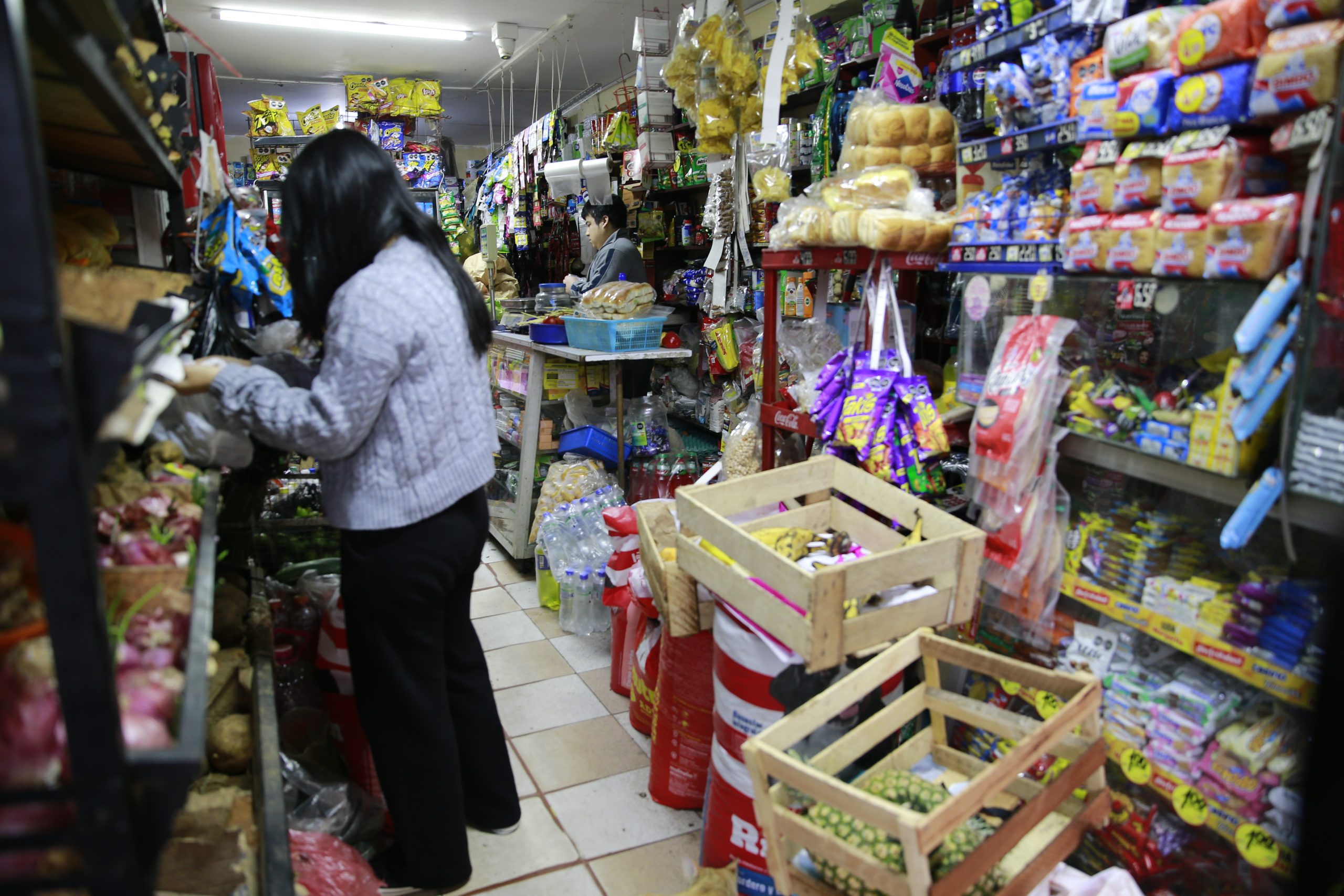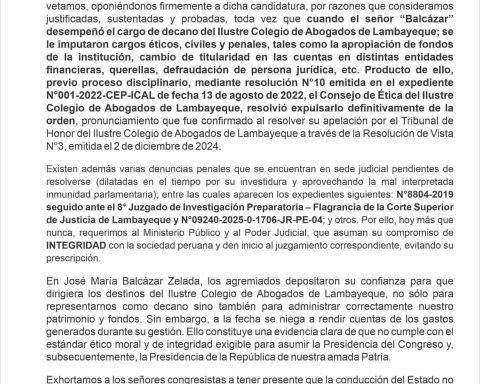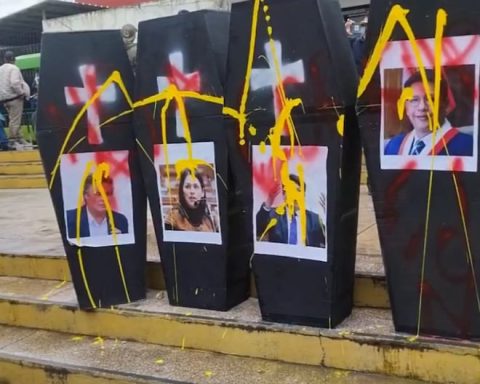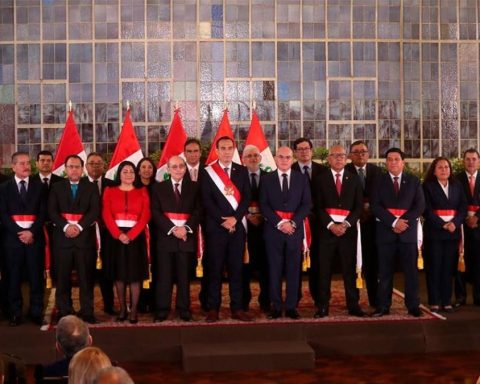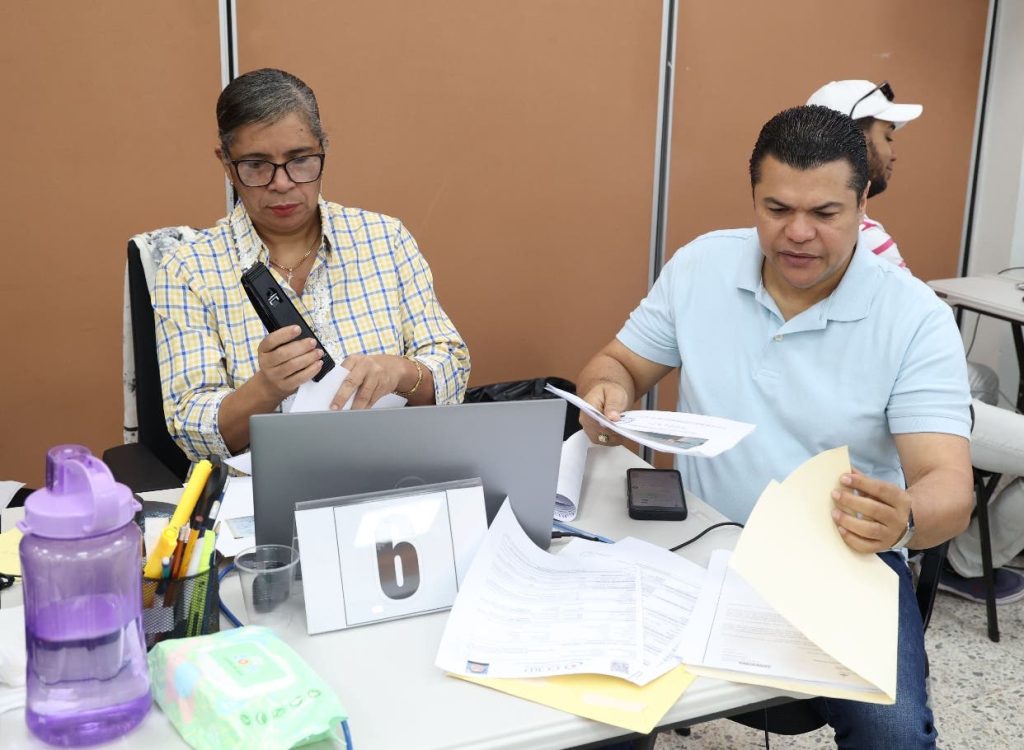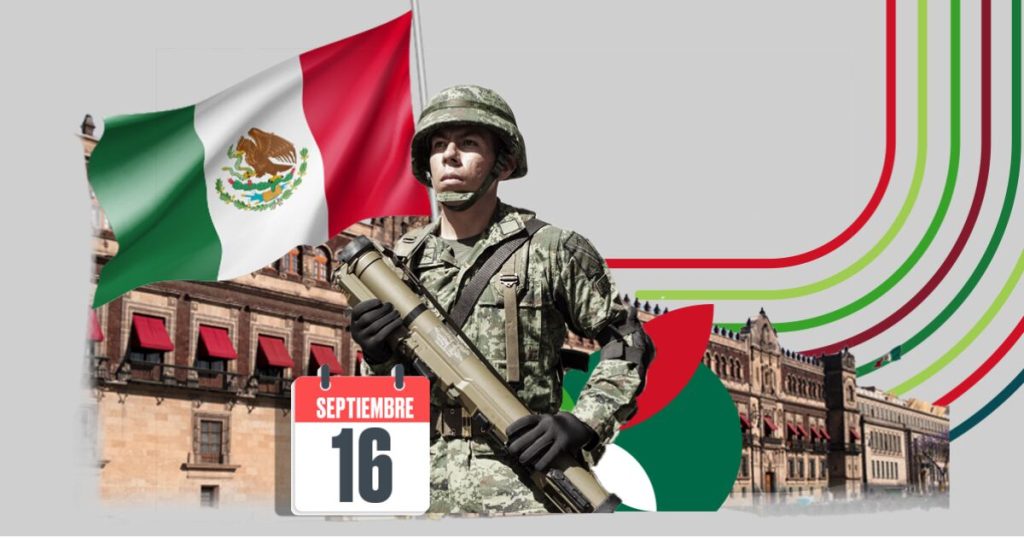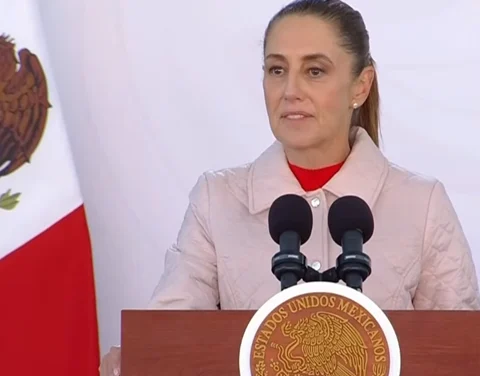“Look, Rosa, I’m going to talk to you for the last time: are you going to pay or not? If not, I’m going to delete this number and start acting. You’re going to spend more on the funeral home. I’m only asking you for S/5,000, nothing more.” This is a message that a grocery store owner in Comas (Lima) received, in which she was required to pay a fee to prevent her business, her life and that of her family from being attacked. According to a study by Ipsospublished in March of this year, the crime and the violence They are the greatest concern of Peruvians, above corruption, unemployment and poverty.
Look: Petroperú needs “proper management,” says the Central Bank
Insecurity and crime are not just something that affects ordinary Peruvians, but also hundreds of micro, small, medium and large companies that want to get ahead by giving jobs to more people. Robberies, attacks, extortion are just some of the criminal acts that businesses have to deal with, regardless of their size, turnover, number of workers, location or sector they are targeting.
Today, these companies that want to survive have no other option than to allocate more resources to protect themselves from this scourge, either by agreeing to pay fees, or by hiring security, installing cameras, fences, and alarms. Anything goes when what is sought is to protect assets and even lives.
According to reports, a mining company can spend between US$35 million and US$100 million a year to avoid being the victim of vandalism or illegal miners who only want to dispossess them of the territory where they operate, in order to seize the resources and without generating income for the country. These amounts are destined for security personnel, transfers, equipment and systems that seek to prevent attacks and robberies.
In this regard, the president of the Citizen and Business Security Commission of the Lima Chamber of Commerce (CCL), Giovanni Conetta, explained that, in the education sector, it is estimated that the percentage of turnover allocated to business security amounts to 9%; for the food sector, around 10%; while for industry it is approximately 14%. These percentages do not take into account what some businesses have to spend on cybersecurity, whose investment increased by 30% in the last year.
“In the case of small businesses, such as hair salons, the percentage they have to allocate to security in general is very high, because we are talking about businesses that do not have a lot of revenue. For example, if one of them invoices S/10,000 per month, but has to invest in an alarm, a security guard, bars; that is where a lot of money is spent. Those businesses with low revenue suffer the most, as they could allocate the money they spend on security to other things related to the business, such as staff training or some other activity,” he said.
A clear indicator of the increased spending on combating crime is the figure for arms imports. According to the CCLBetween January and July of this year, purchases of these products from abroad increased by 18% and totaled US$1.47 million.
Look: Fiscal deficit was 4% of GDP in August
THEY GIVE IN TO PRESSURE
The Winemakers Association The association revealed that in 2023, around 2,600 such businesses closed due to extortion. The figures for this year are not yet known; however, the president of the association, Andrés Choy, reported that, although the numbers are decreasing, this is because many entrepreneurs have chosen to give in to the pressure of criminals and pay by quotas.
“If these criminals demand that you pay them S/200 weekly or biweekly, many people already consider that amount as part of the business expenses. Sometimes we feel like we are working for the criminals, because those S/200 could be used for merchandise,” he added.
There are approximately 530,000 bodegas operating in the country. Those that suffer most from crime are located mainly in Trujillo and Piura. In Lima, these businesses are mainly found in the districts of Lima Norte, such as Independencia and Comas.
“There are many acts that affect the wineries, such as having to face the municipalities that arbitrarily impose ordinances; but, without a doubt, theft and quota collections are the ones that affect us the most,” he stressed.
Look: Formal employment at the national level grew by 2.8%
PENDING TASK
The CCL representative pointed out that the problem of insecurity cannot be solved in the short term, and even less so with populist measures such as declarations of emergency, which are not accompanied by concrete measures.
“If there is no clear plan, nothing can be done. A year ago there was talk of a Boluarte Plan, but it never existed. It is a problem to expect someone who has demonstrated the ability to solve problems to solve them,” he added.
RECOMMENDED VIDEO
